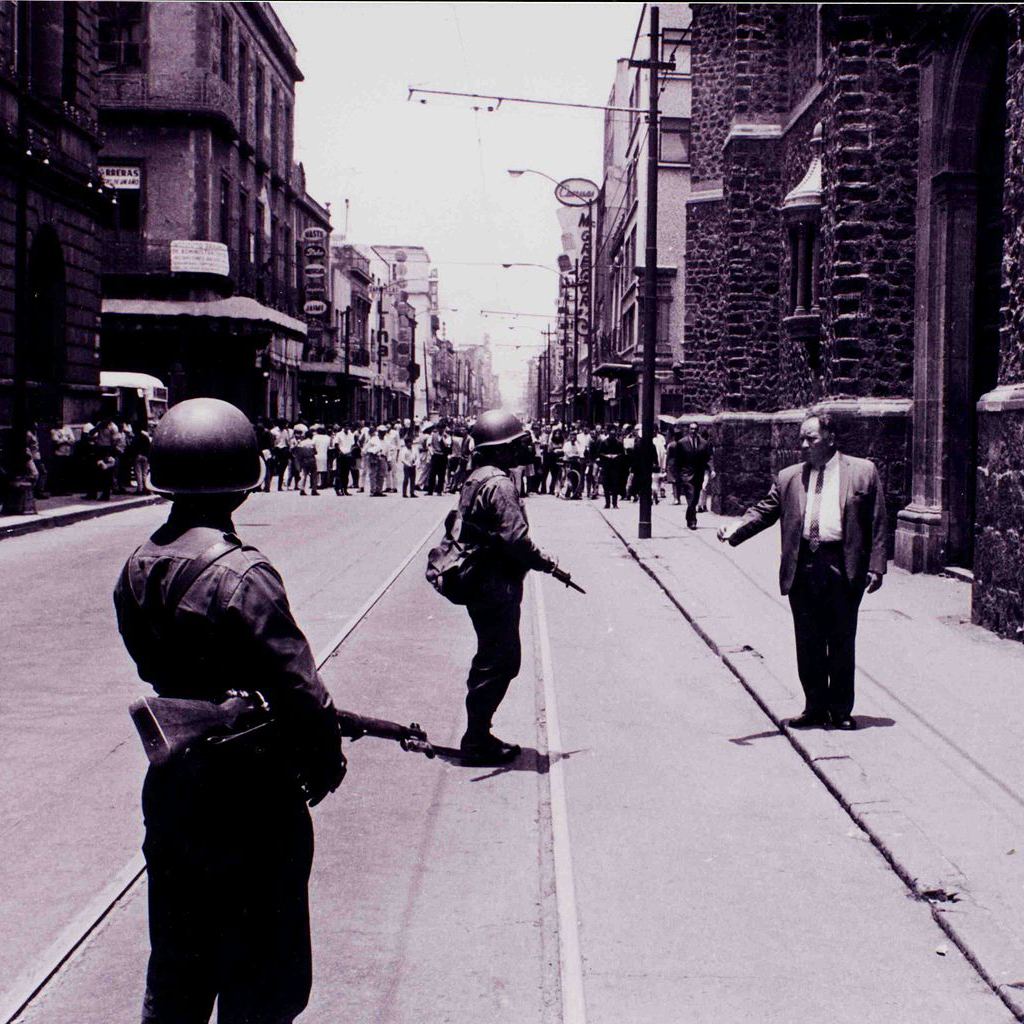“They Say the Bones Talk”: Enforced Disappearances and the Archives of State Terror in Past and Present Mexico
Dr. Alexander Aviña, Arizona State University

Thursday, September 26, 2019 | 03:30 pm
Latin American and Iberian Institute (801 Yale Blvd NE)
801 Yale Blvd NE (campus building #165)
About:
Join the LAII for a presentation with Dr. Alexander Aviña, associate professor of history in the School of Historical, Philosophical and Religious Studies at Arizona State University.
For decades, a broad array of victimized communities, activists and academics have courageously worked to uncover and make publically visible the terror and violence that characterized certain regions of Cold War Mexico. When Tita Radilla—the daughter of a campesino leader disappeared in 1974—searched an abandoned military base in 2008, she hoped to find the remains of her father. “They say the bones talk,” she remarked, “the bones will tell us what happened to them.”
Aviña’s talk will discuss the history of enforced disappearances in the southwestern state of Guerrero during the 1970s, as different state agents used this terror tactic to sap popular support for radical political movements and peasant insurrection. Aviña suggests that the impunity enjoyed by the planners and executors of enforced disappearance since the 1970s helps explain how this practice spread and proliferated in a country that has experienced an estimated 40,000 disappearances since 2006.
Alexander Aviña is an Associate Professor of History in the School of Historical, Philosophical and Religious Studies at Arizona State University. His book, Specters of Revolution: Peasant Guerrillas in the Cold War Mexican Countryside (Oxford University Press, 2014), was awarded the Maria Elena Martínez Book Prize in Mexican History for 2015 by the Conference on Latin American History. He earned his BA from Saint Mary's College of California and his PhD from the University of Southern California. His current book project explores the links between the political economy of narcotics, drug wars, and state violence in 1960s and 70s Mexico.
Notes:
This event is free and open to the public.
